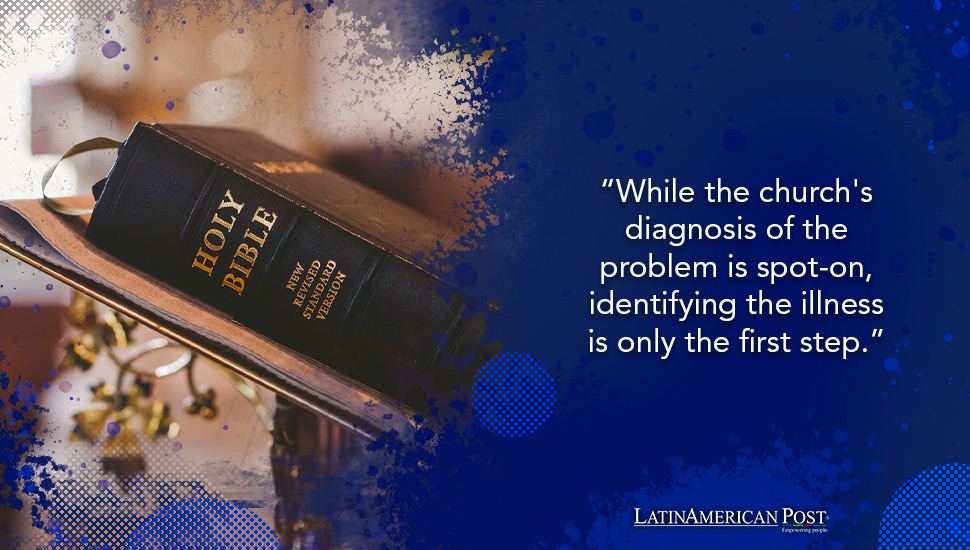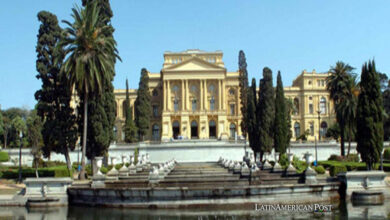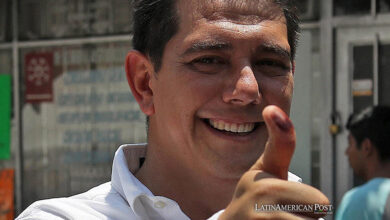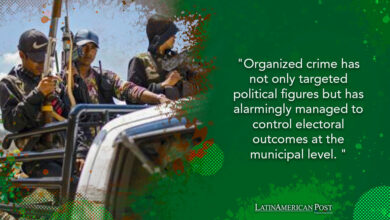Mexican Church’s Warning on Electoral Process: Righteous Concern but Solutions Needed

The Mexican Catholic Church rightly highlights the dire threat of organized crime infiltrating the electoral process. However, beyond identifying problems, the Church, with its significant influence, should spearhead actionable solutions to safeguard democracy and peace.
The Menace of Organized Crime in Mexican Elections: A Church’s Cautionary Note
The recent cautionary statement from the Mexican Catholic Church, as articulated by the Mexican Episcopal Conference (CEM), lays bare a profound concern that has long plagued Mexico’s political landscape: the sinister shadow of organized crime over the electoral process. Their warning that the worst scenario is one where criminal elements interfere with elections is not only timely but crucial as Mexico approaches a pivotal electoral juncture on June 2. The church’s assertion underscores an undeniable truth: the toxic blend of electoral democracy with criminal meddling represents an egregious form of corruption that threatens the very fabric of democratic society.
While the church’s diagnosis of the problem is spot-on, identifying the illness is only the first step. The real challenge lies in prescribing and implementing effective remedies. As a profoundly influential institution in Mexico, the church is uniquely positioned to critique and mobilize concrete actions toward ensuring a fair and peaceful electoral process. Herein lies an opportunity for the church to extend its role from observer and commentator to active participant in shaping solutions.
The Church’s Opportunity to Foster Civic Engagement
Firstly, the church could leverage its extensive network to foster an environment of awareness and education. By engaging with communities at the grassroots level, the church can illuminate the importance of civic participation and the perils of apathy. This initiative would be particularly impactful in rural and marginalized areas, where the grip of organized crime is often most vital and where electoral information and transparency are sorely needed.
Moreover, the church can mediate to facilitate dialogue among political parties, civil society, and government agencies responsible for election security and integrity. Given its moral authority and widespread respect, the church is one of the few entities capable of convening disparate groups to safeguard the electoral process. This dialogue could focus on creating a united front against the influence of organized crime, ensuring protection for candidates, and fostering a culture of non-violence and respect throughout the campaign season.
Additionally, the church could advocate for and support the strengthening of Mexico’s electoral institutions, such as the National Electoral Institute (INE), the Electoral Tribunal of the Federal Judiciary (TEPJF), and the Special Prosecutor’s Office for Electoral Crimes (FISEL). By publicly backing these institutions’ efforts to conduct the elections with impartiality, justice, and professionalism, the church can help bolster public trust in the electoral process—a crucial factor in countering the disillusionment and fear that organized crime seeks to exploit.
The Church’s Call for Social Change to Combat Organized Crime
However, the church’s call to action must address the root causes that allow organized crime to flourish and interfere in elections. This includes tackling social inequality, lack of economic opportunities, and the need for educational and health services. The church’s advocacy could be instrumental in pushing for policies and programs that address these underlying problems, thereby weakening the hold of criminal organizations on vulnerable communities.
Also read: End of Audi Strike in Mexico Marks Victory for Workers and Reflection of Labor Reform
In recognizing the severity of the situation—as evidenced by the alarming statistics of attacks and murders of political figures in recent elections—the church’s message is clear: Mexico’s democracy is at a crossroads. The stakes could not be higher as the country prepares for its most significant elections in history. The church, with its moral authority and extensive reach, must now take bold steps to ensure that its call for democracy and the rule of law is matched with actionable strategies that bring about real change. In doing so, the church can help steer Mexico away from the brink of electoral catastrophe and toward a future where democracy, peace, and justice prevail for all its citizens.





